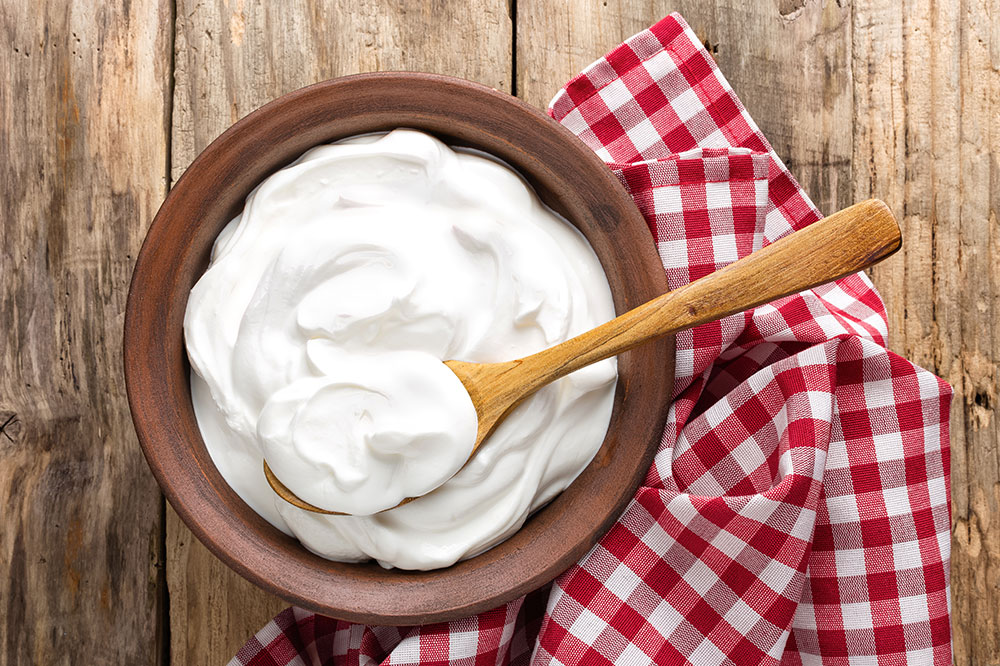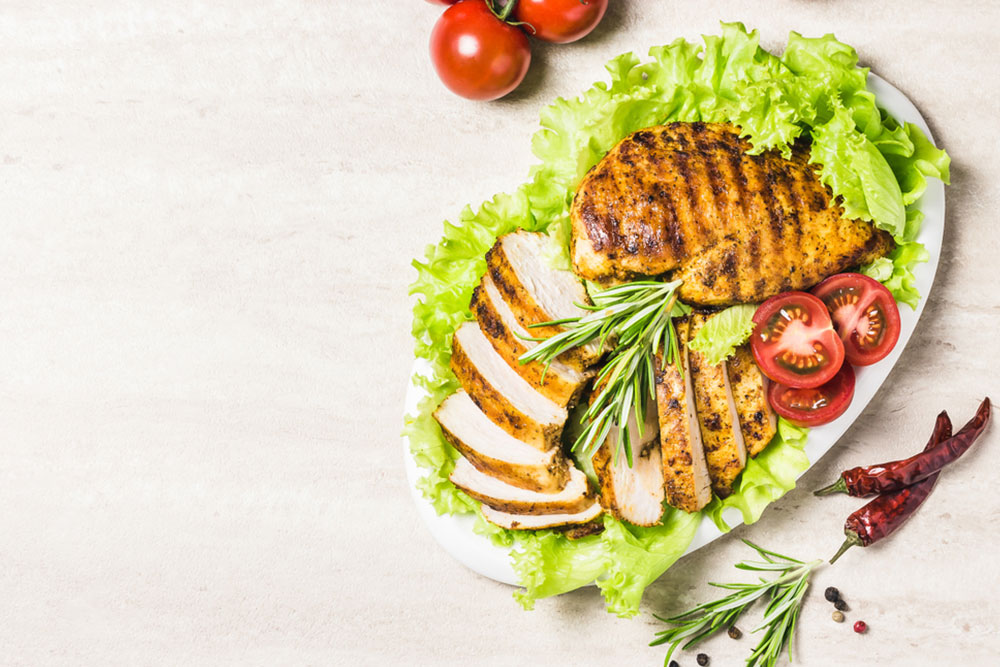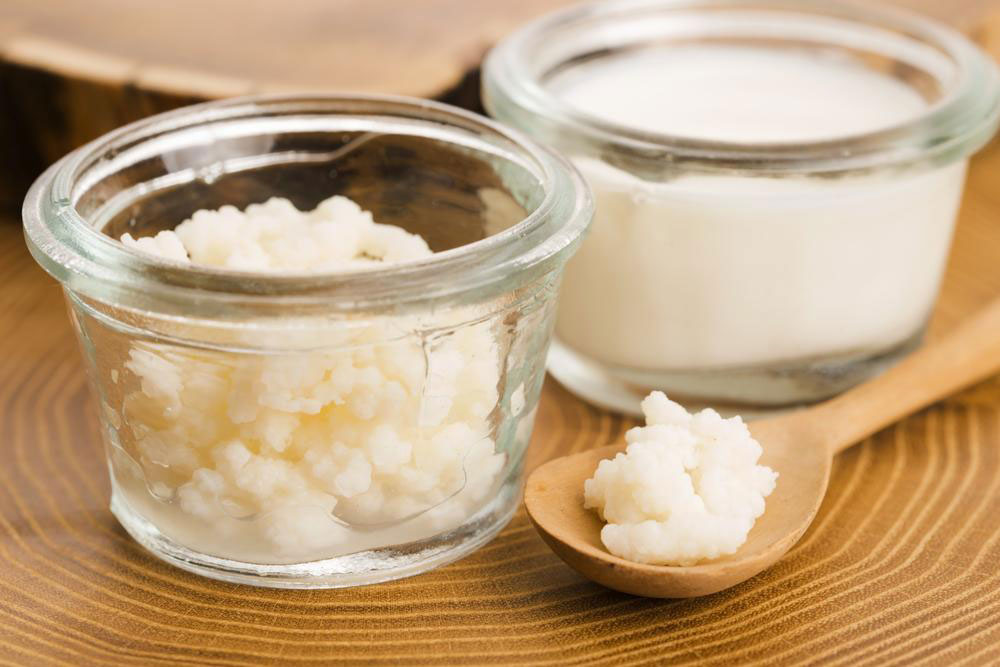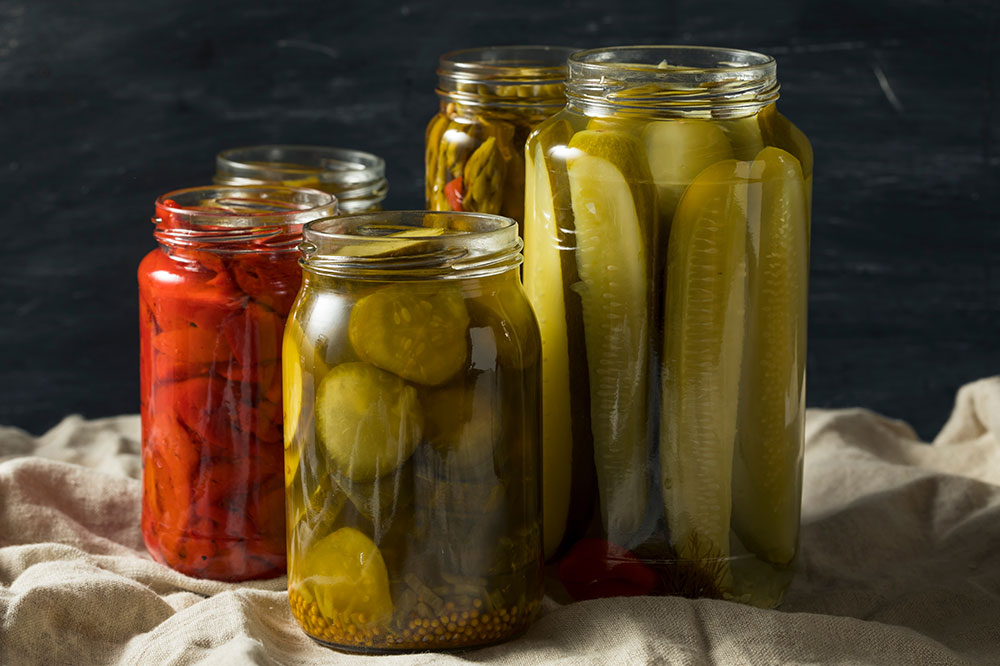Top 10 Probiotic Foods to Ease Digestive Discomfort
Discover the top 10 probiotic foods that naturally reduce gas and bloating, enhance digestion, and support gut health. Incorporate yogurt, sauerkraut, miso, kefir, and more into your diet for optimal digestive comfort. These foods are rich in beneficial bacteria that restore gut balance and reduce inflammation, making them excellent additions to a healthy lifestyle. Remember to choose unpasteurized options and include prebiotic foods to maximize benefits. Always seek professional advice for health concerns.
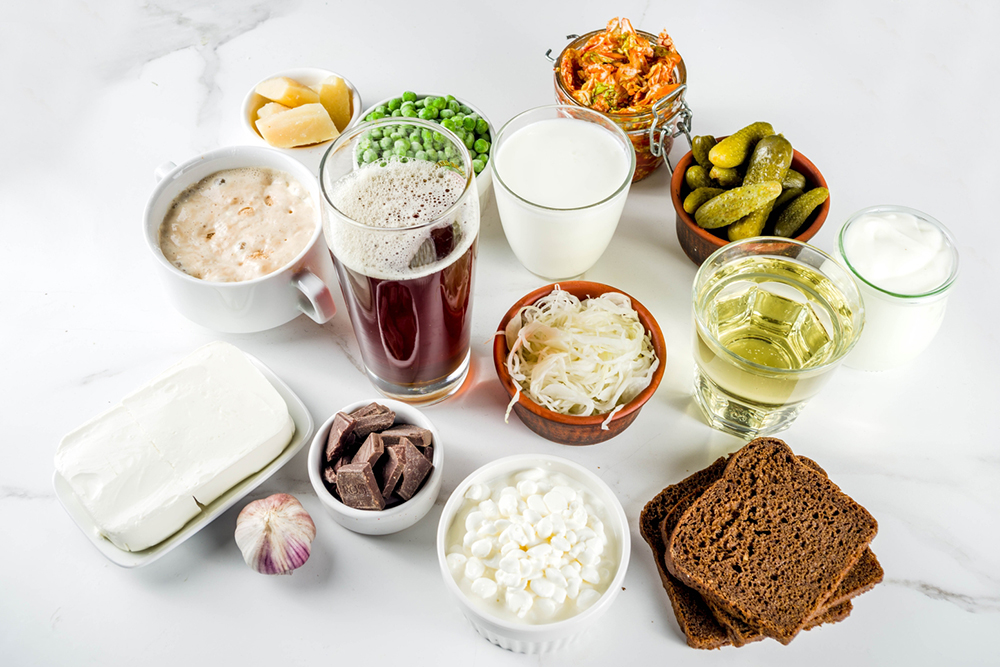
Top 10 Probiotic-Rich Foods to Alleviate Gas and Bloating
Experiencing bloating and excessive gas can be uncomfortable and distressing. Fortunately, incorporating certain probiotic foods into your diet can promote gut health and provide relief. Probiotics are live beneficial bacteria and yeasts found in various foods that support a healthy microbiome, improve digestion, and reduce gastrointestinal problems. They work by competing with harmful bacteria, restoring balance, and reducing symptoms like bloating, inflammation, and foul-smelling gas.
1. Yogurt
A well-known probiotic food, yogurt includes live cultures such as Lactobacillus and Bifidobacterium. Consuming yogurt may help with lactose intolerance, and alleviate issues like gas, diarrhea, and indigestion.
It enhances bowel regularity and promotes healthy stool patterns. For best benefits, choose yogurt with active bacterial cultures, such as plain or Greek yogurt. These are also excellent sources of protein. Note that frozen yogurt usually lacks probiotics due to processing.
2. Sauerkraut
This fermented cabbage dish is packed with probiotics like Lactobacillus. Adding sauerkraut can help decrease symptoms like bloating, smelly gas, and inflammation. It can be enjoyed in salads or as a crunchy side with sandwiches.
When shopping, opt for unpasteurized varieties, as pasteurization may eliminate beneficial bacteria.
3. Miso
Miso is a fermented soybean paste loaded with nutrients and probiotics. It supports immune health, digestion, and may reduce acid reflux risk. Miso can be added to soups, marinades, and dressings—avoid boiling to preserve probiotics.
4. Kefir
Similar to liquid yogurt, kefir contains diverse probiotic strains that aid digestion and combat bloating. Regular intake may also enhance blood sugar regulation and muscle health. It’s versatile for smoothies and dressings.
5. Tempeh
Made from fermented soybeans, tempeh is rich in fiber and protein, making it a nutritious meat substitute. It’s suitable for stews, barbecues, and vegan dishes, promoting gut health.
6. Kimchi
This spicy, fermented vegetable side is rich in lactic acid bacteria, promoting gastrointestinal health. Kimchi also supplies vitamins A, B6, C, K, and minerals, offering anti-inflammatory benefits and immune support.
7. Kombucha
A fermented, slightly carbonated tea crafted from sweetened black or green tea, kombucha offers probiotics that aid digestion and reduce gas and bloating. Its acetic acid component also helps eliminate harmful microbes.
8. Fermented Pickles
Pickles fermented in brine (not vinegar) contain probiotics that combat gas and bloating, along with antioxidants that reduce inflammation and oxidative stress.
9. Aged Cheeses
Cheeses like Swiss, Gouda, Provolone, and cheddar, when unheated and unpasteurized, are good probiotic sources. However, they should be eaten in moderation due to their fat and sodium content.
10. Acidophilus Milk
This fermented milk drink contains Lactobacillus acidophilus, supporting gut health, combating infections, and aiding lactose digestion. It can be enjoyed plain, used in recipes, or incorporated into dressings.
Complementing these foods, prebiotic-rich options like bananas, garlic, ginger, asparagus, and berries feed beneficial gut bacteria, further enhancing digestive health and reducing bloating.

